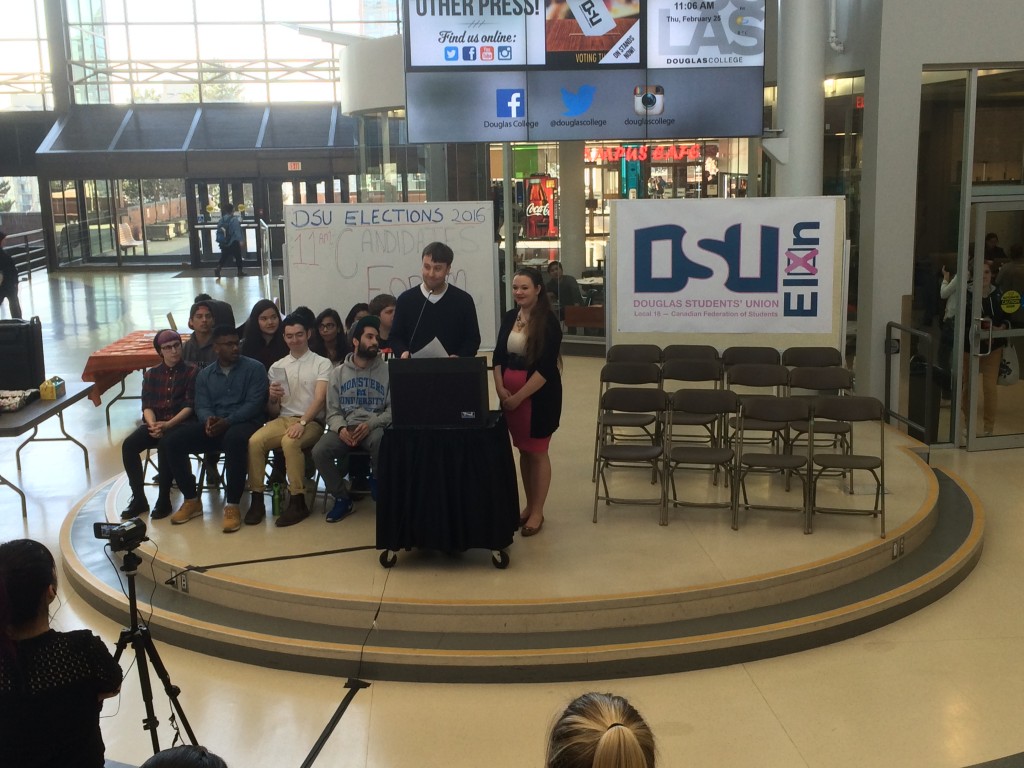
Canada’s response to terror attacks worldwide
By Mercedes Deutscher, News Editor
In the first week following the attacks in Paris, the world’s most developed countries have had an array of reactions. France placed itself under an extended 90-day state of emergency and has launched airstrikes on suspected ISIS headquarters in Syria. Many other countries have raised their terror alerts to higher or maximum levels.
Yet Canada has neither raised its terror warnings, nor abandoned its plans to remove itself from the airstrike campaigns overseas.
In the aftermath of the attacks, several of Canada’s high-profile politicians have spoken about the country’s next plan of action, including Prime Minister Justin Trudeau, Public Safety Minister Ralph Goodale, and Defence Minister Harjit Sajjan.
Goodale explained the importance of keeping the Canadian public safe. In wake of the attacks, Canadian authorities such as CSIS and the RCMP have reported that there have been no Canadian links in the attacks.
Goodale also placed an emphasis on protecting Canadian values. “Now more than ever is a time for all of us to support our fellow citizens. We need to demonstrate to each other and to the world our values of diversity and inclusion,” Goodale tells CBC.
Defence Minister Harjit Sajjan has spent the week going over various options of a Canadian military response.
“What we need to take a look at is the current situation on the ground … and determine how does Canada contribute in a meaningful manner to the fight against ISIS,” Sajjin said to the Vancouver Sun. “And before I make any recommendations to the Prime Minister I want to make sure I have it right.”
Sajjin has suggested that a key to aiding the fight against ISIS may come from investing in international troops fighting on the ground, specifically those of the Iraqi Kurdistan.
Sajjin’s suggestion has been well received by Trudeau.
“We made a clear commitment in the campaign to stop the bombing mission by Canadian jets and replace it with a role for Canada that is still a serious military role, but leaned more towards training of local troops to be able to bring the fight directly to ISIS,” Trudeau explained to CBC. “That’s the commitment we made very clearly throughout the campaign and we have a mandate to do that.”
The response of the Canadian government has received criticism from interim Conservative leader Rona Ambrose. Ambrose defended the air missions and Canadian fighter jets as both a military tactic and a symbol of solidarity.
“I think that we’ve been asked to play this role, and backing out of it now, particularly at this juncture when all the G20 leaders are talking about, if anything, expanding their role in the coalition against ISIS, would be the wrong message to send,” Ambrose told CBC.

